38 adding labels to prometheus metrics
Labels in Prometheus alerts: think twice before using them To get proper notifications we need to make sure that our metrics, alerts and receiver match each other. In particular if we use labels or values in a field, we should expect to have different values of this field, and our templates need to deal with that. Prometheus Blog Series (Part 1): Metrics and Labels - Pierre Vincent Augmenting metrics with good labels is key to get the best out of Prometheus. Labels can be combined in a number of different ways using functions, in order to answer a wide range of questions from the all the data collected by Prometheus. Filtering based on labels
Metric types | Prometheus The Prometheus server does not yet make use of the type information and flattens all data into untyped time series. This may change in the future. Counter. A counter is a cumulative metric that represents a single monotonically increasing counter whose value can only increase or be reset to zero on restart. For example, you can use a counter to ...
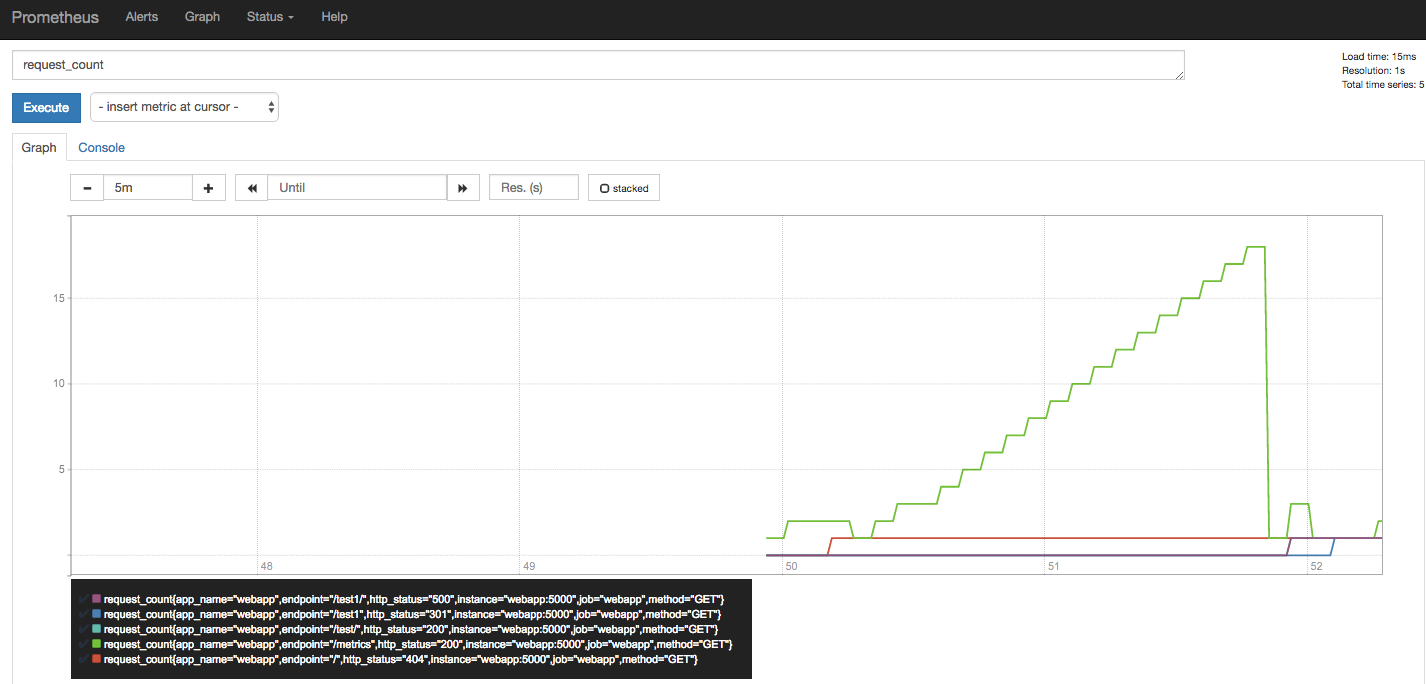
Adding labels to prometheus metrics
Prometheus Cheat Sheet - Basics (Metrics, Labels, Time Series, Scraping) However, in Prometheus, it's possible to enrich a metric with some static labels based on the producer's identity while recording it on the Prometheus node's side. In the wild, it's common for a Prometheus metric to carry multiple labels. Typical examples of labels are: An option to add Kuberntes labels as Prometheus labels to metrics ... kube-state-metrics exposes Kuberntes roles and labels via special metrics (kube_node_labels, kube_node_role, kube_pod_labels, etc) As a result, when we need to query information from a subset of nodes that that belongs role or label, we need to join the corresponding metrics with kube_node_labels on the client side (if the client side supports ... Add service discovery metadata to a single metric #11362 However this resulted in a 10%-15% increase of the memory usage to add the same 17 labels from service discovery to this single metric per target (study over 1700+ Prometheus instance of different size ranging from 500MB to 80GB) which is a significant infra cost for a single metric per target.
Adding labels to prometheus metrics. Add labels to prometheus metrics - Traefik Labs Community Forum Hi. Is it possible to add additional labels to matrics based on request headers for example. Lets say i get a request with "-H 'clientIdentifier: bird1'. Can i make sure clientIdentifier is one of the labels in prometheus traefik metrics? Not to the default ones. But you can create your own middleware in v2 and expose the ones you need. prometheus.io › docs › instrumentingWriting exporters | Prometheus In other cases, metrics from the system are completely non-standard, depending on the usage of the system and the underlying application. In that case the user has to tell us how to transform the metrics. The JMX exporter is the worst offender here, with the Graphite and StatsD exporters also requiring configuration to extract labels. HTTP API | Prometheus New in v2.14. TSDB Stats. The following endpoint returns various cardinality statistics about the Prometheus TSDB: GET /api/v1/status/tsdb headStats: This provides the following data about the head block of the TSDB: . numSeries: The number of series.; chunkCount: The number of chunks.; minTime: The current minimum timestamp in milliseconds.; maxTime: The current maximum timestamp in milliseconds. Today I Learned: Adding labels to Prometheus queries Solution label_replace is a built-in function that will save our day. From the documentation it is clear that function is intended to be used to replace some existing labels with the new values which are derivative of the existing labels. However, what if we try and game the system here.
GitHub - prometheus-net/prometheus-net: .NET library to instrument your ... Static labels. You can add static labels that always have fixed values. This is possible on two levels: on the metrics registry (e.g. Metrics.DefaultRegistry) on a metric factory (e.g. Metrics.WithLabels()) on one specific metric; All levels of labeling can be combined and instance-specific metric labels can also be applied on top, as usual. Prometheus Metrics: A Practical Guide | Tigera This averages speed only for those instances that belong to the same project and are located in the same region (based on labels attached to the metrics). You can select the labels you want to keep for the new vector, or alternatively, discard a label you don't want. There are several aggregations available, most notably sum, min, max, and avg. How to join Prometheus metrics by label with PromQL How to JOIN the metrics sum(node_disk_bytes_read * on(instance) group_left(node_name) node_meta{}) by (node_name) on (instance) => this is how to JOIN on label instance. group_left (node_name) node_meta {} => means, keep the label node_name from metric node_meta in the result. And the result is: github.com › prometheus › consul_exporterGitHub - prometheus/consul_exporter: Exporter for Consul metrics web.telemetry-path: Path under which to expose metrics. Key/Value Checks. This exporter supports grabbing key/value pairs from Consul's KV store and exposing them to Prometheus. This can be useful, for instance, if you use Consul KV to store your intended cluster size, and want to graph that value against the actual value found via monitoring.
Dynamically add Labels prometheus go-client Just to explain why I need it, we're migrating an implementation of datadog to prometheus and in the implementations based on datadog we have a lot of microservices sending metrics using different tags (labels) to the same metric, if I could do the same using the prometheus lib it would be great because we could only change the client without any modifications on metric publishers. How to add a new label in all metrics? - Google Groups The " relabel_configs " worked for me. I tried " metric_relabel_configs " also with the below configuration and this is also adding the new label with all metrics. Not sure if this is the correct method though :) metric_relabel_configs: - source_labels: [__name__] target_label: foo replacement: bar. I am going to use " relabel_configs " anyway. Metric and label naming | Prometheus Labels Base units The metric and label conventions presented in this document are not required for using Prometheus, but can serve as both a style-guide and a collection of best practices. Individual organizations may want to approach some of these practices, e.g. naming conventions, differently. Metric names A metric name... grafana.com › latest › datasourcesPrometheus | Grafana documentation The metrics browser allows you to quickly find metrics and select relevant labels to build basic queries. When you open the browser you will see all available metrics and labels. If supported by your Prometheus instance, each metric will show its HELP and TYPE as a tooltip.
Reporting Metrics To Prometheus In ASP.NET Core When we run the application and navigate to /metrics, we will get some default metrics set up by prometheus-net. We can customize our own metrics based on the above illustration. For example, we want to be able to measure the requests for each endpoint, method and their status code (200 for succeed and 500 for error).
How to add new labels to existing prometheus metric in Istio? Istio configures prometheus with a 'kubernetes-pods' job. At least while using the 'demo' profile. In this prometheus job config, there is a relabel_configs which gets the pod labels. If you want to use it then use meshConfig.enablePrometheusMerge=true option, it will append the labels to the istio metrics.
QUESTION: Apply default labels to all metrics #152 - GitHub The general pattern for adding "global" labels is to do so in the Prometheus server configuration. Adding them directly onto the metrics is not aligned with Prometheus best practices, so the library does not contain a feature specifically for doing this. If you are convinced you need this, you will need to do so the hard way, by adding the ...
Prometheus Cheat Sheet - How to Join Multiple Metrics (Vector Matching) Robusta is based on Prometheus and uses webhooks to add context to each alert. For example, CrashLoopBackOffs arrive in your Slack with relevant logs, so you don't need to open the terminal and run kubectl logs. Make your Slack alerts rock by installing Robusta - Kubernetes monitoring that just works. PromQL binary operators
Getting started | Prometheus To model this in Prometheus, we can add several groups of endpoints to a single job, adding extra labels to each group of targets. In this example, we will add the group="production" label to the first group of targets, while adding group="canary" to the second.
prometheus.io › docs › conceptsData model | Prometheus Labels enable Prometheus's dimensional data model: any given combination of labels for the same metric name identifies a particular dimensional instantiation of that metric (for example: all HTTP requests that used the method POST to the /api/tracks handler). The query language allows filtering and aggregation based on these dimensions.
Golang Application monitoring using Prometheus - Gabriel Tanner Now that the metrics are implemented in the application we can Dockerize the application to make running it with Prometheus easier. FROM golang:1.15.0 # Set the Current Working Directory inside the container WORKDIR /app RUN export GO111MODULE=on # Copy go mod and sum files COPY go.mod go.sum ./ # Download all dependencies.
Configuration | Prometheus Prometheus is configured via command-line flags and a configuration file. While the command-line flags configure immutable system parameters (such as storage locations, amount of data to keep on disk and in memory, etc.), the configuration file defines everything related to scraping jobs and their instances, as well as which rule files to load.. To view all available command-line flags, run ...
Add static labels · Issue #256 · prometheus-net/prometheus-net Metric-level static labels would apply to all instances of that metric. Static labels cannot be overridden (at least in first version). If an attempt is made to define a label with a name that is already used for a static label, an exception is thrown. These labels would be creatable either via Metrics.CreateXXX() or somehow directly on the ...
How to add labels to some metrics according to metric names? I used following to add a label to a metric whose name contains string 'custom': - source_labels: [__name__] regex: .*custom.* replacement: 'cs' target_label: rwlabel the label named rwlabel and the value of the label is always cs
plugins.jenkins.io › prometheusPrometheus metrics | Jenkins plugin Metrics exposed. Currently only metrics from the Metrics-plugin and summary of build duration of jobs and pipeline stages. Environment variables. PROMETHEUS_NAMESPACE Prefix of metric (Default: default). PROMETHEUS_ENDPOINT REST Endpoint (Default: prometheus) COLLECTING_METRICS_PERIOD_IN_SECONDS Async task period in seconds (Default: 120 seconds)
github.com › prometheus › node_exporterGitHub - prometheus/node_exporter: Exporter for machine metrics Prometheus exporter for hardware and OS metrics exposed by *NIX kernels, written in Go with pluggable metric collectors. The Windows exporter is recommended for Windows users. To expose NVIDIA GPU metrics, prometheus-dcgm can be used. Installation and Usage. If you are new to Prometheus and node_exporter there is a simple step-by-step guide.
devopscube.com › setup-prometheus-monitoring-on-kuHow To Setup Prometheus Monitoring On Kubernetes [Tutorial] Jun 03, 2022 · Also, the PromQL query will be used by Prometheus UI and Grafana to visualize metrics. Prometheus Exporters: Exporters are libraries which converts existing metric from third-party apps to Prometheus metrics format. There are many official and community Prometheus exporters. One example is, Prometheus node exporter. It exposes all Linux system ...
Prometheus: Adding a label to a target - Niels's DevOps Musings Prometheus relabel configs are notoriously badly documented, so here's how to do something simple that I couldn't find documented anywhere: How to add a label to all metrics coming from a specific scrape target. Example
Add service discovery metadata to a single metric #11362 However this resulted in a 10%-15% increase of the memory usage to add the same 17 labels from service discovery to this single metric per target (study over 1700+ Prometheus instance of different size ranging from 500MB to 80GB) which is a significant infra cost for a single metric per target.
An option to add Kuberntes labels as Prometheus labels to metrics ... kube-state-metrics exposes Kuberntes roles and labels via special metrics (kube_node_labels, kube_node_role, kube_pod_labels, etc) As a result, when we need to query information from a subset of nodes that that belongs role or label, we need to join the corresponding metrics with kube_node_labels on the client side (if the client side supports ...
Prometheus Cheat Sheet - Basics (Metrics, Labels, Time Series, Scraping) However, in Prometheus, it's possible to enrich a metric with some static labels based on the producer's identity while recording it on the Prometheus node's side. In the wild, it's common for a Prometheus metric to carry multiple labels. Typical examples of labels are:
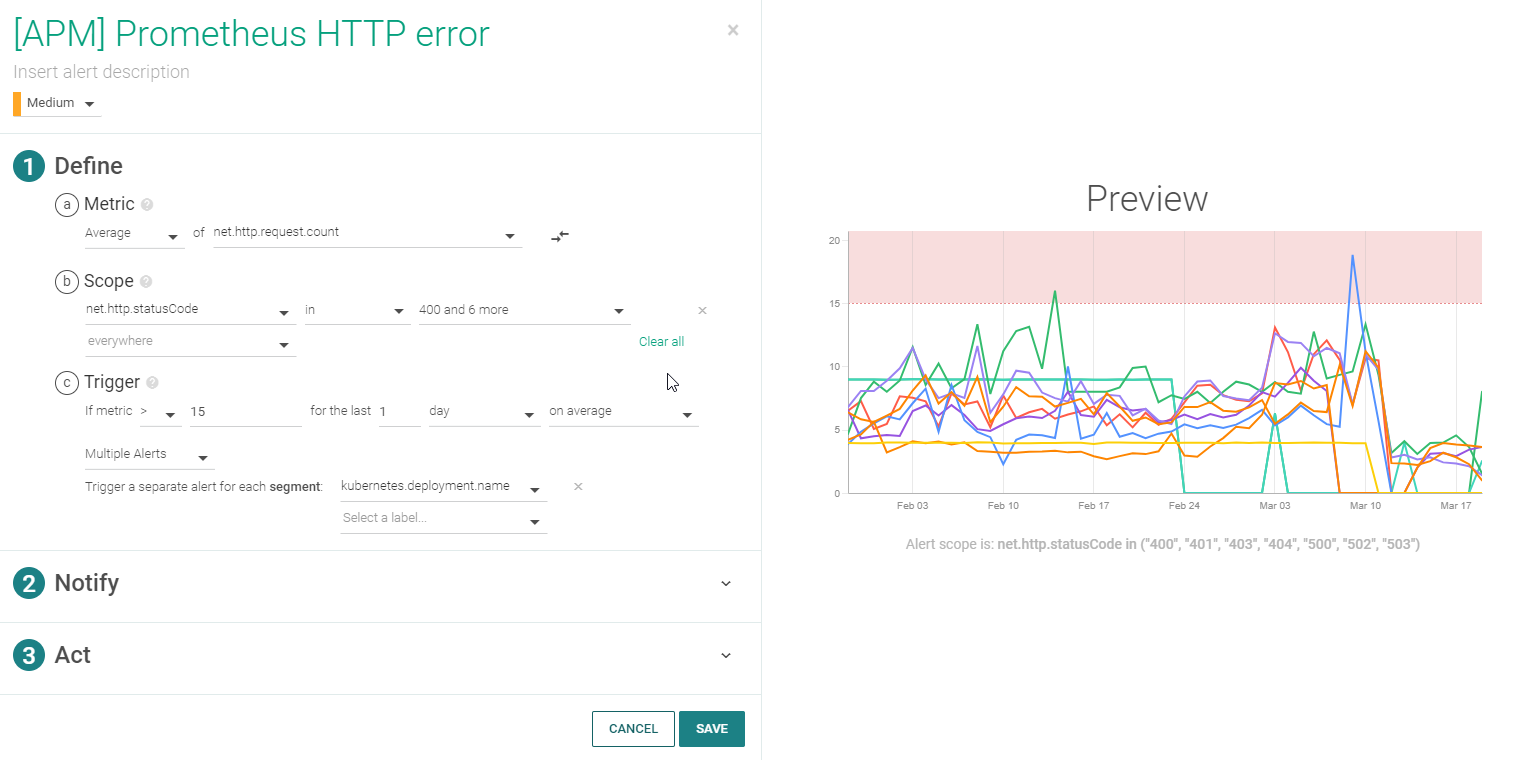

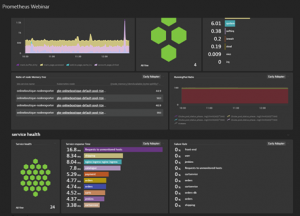
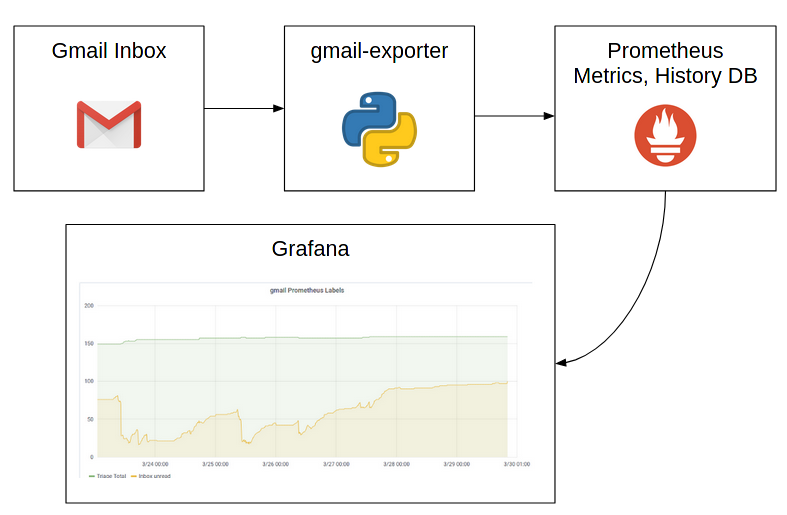

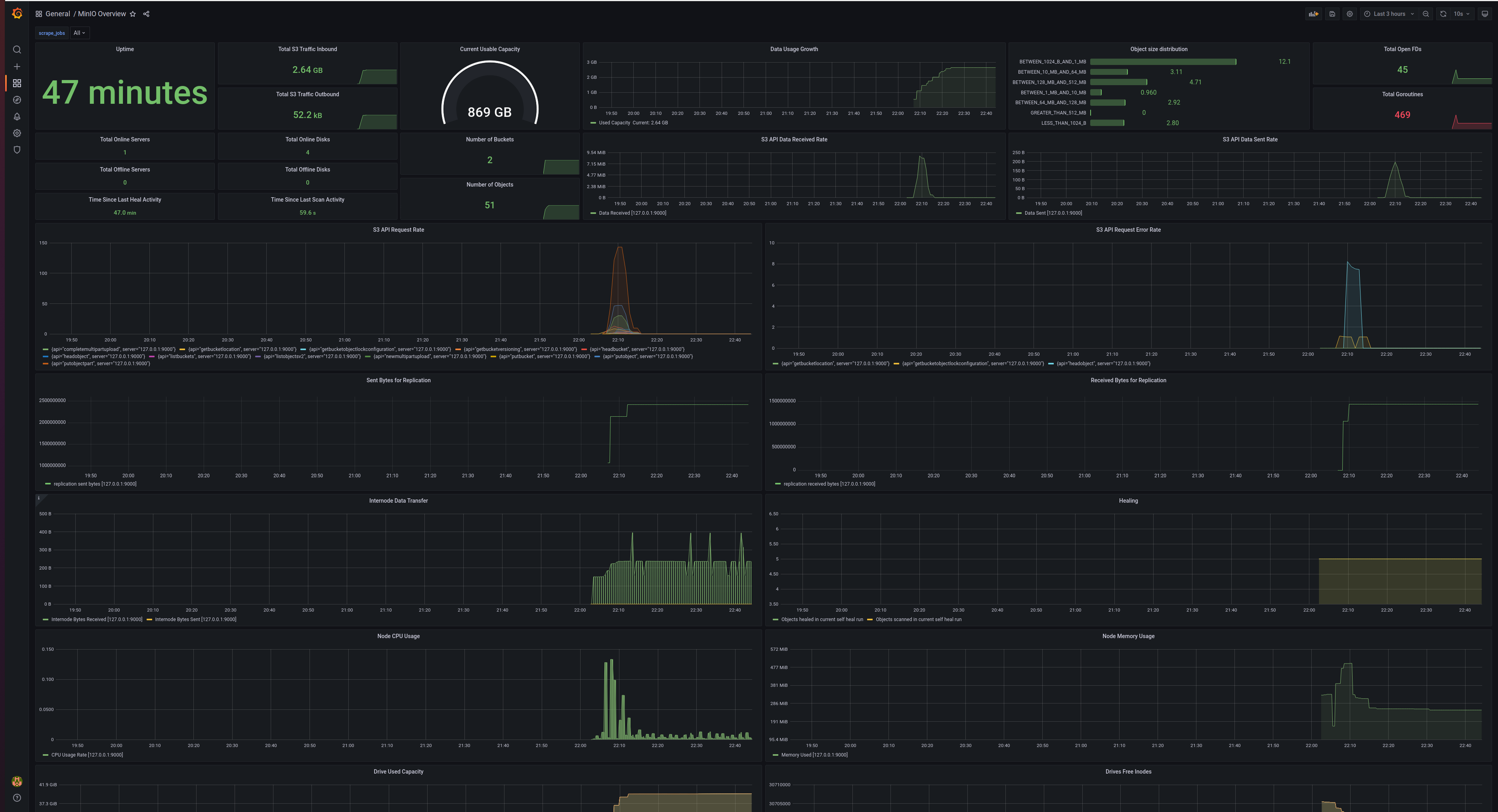


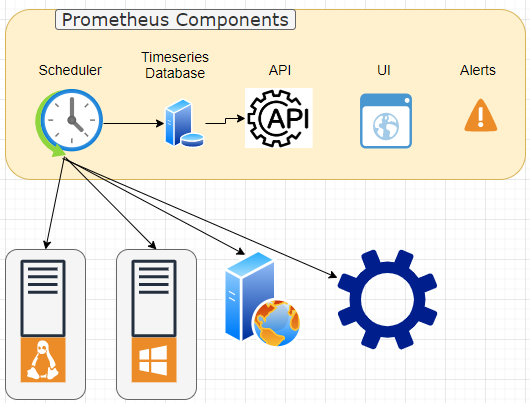


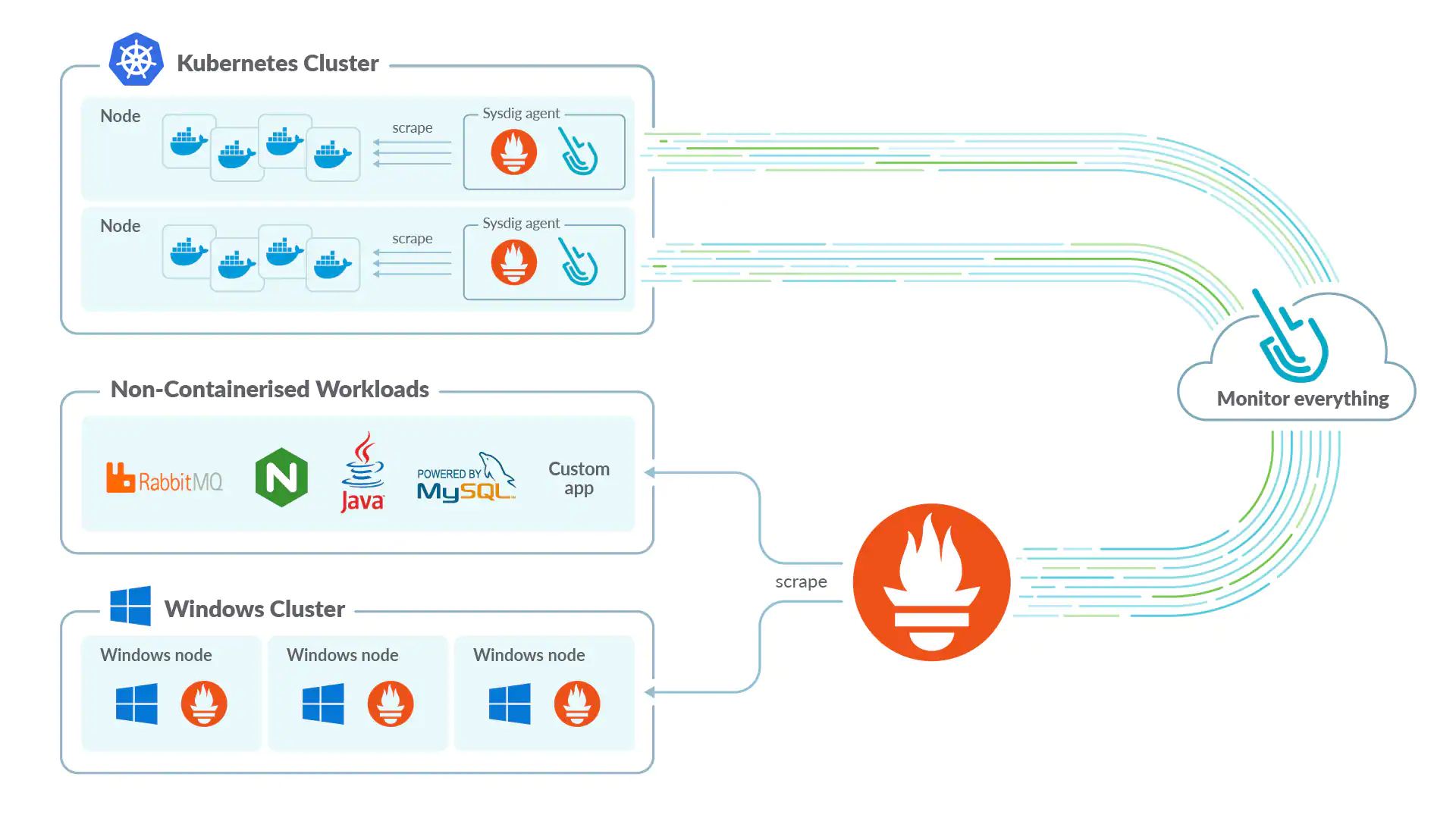




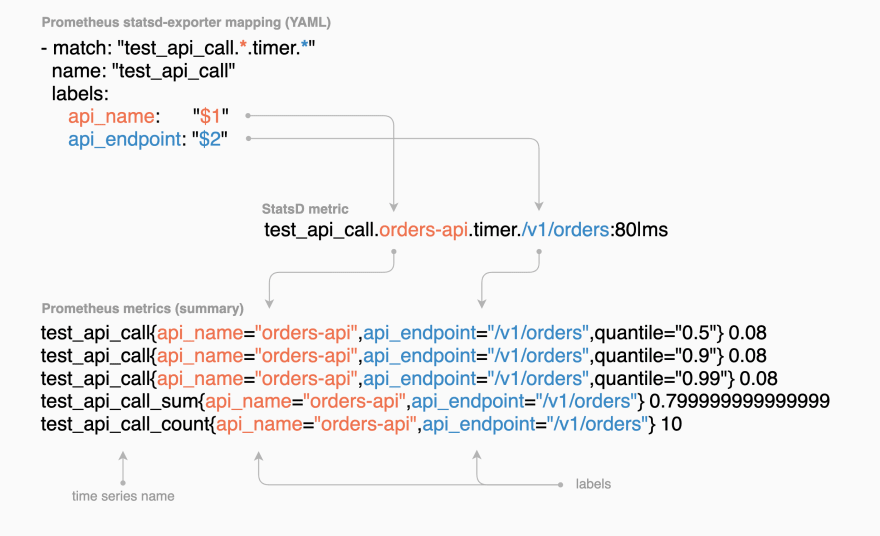
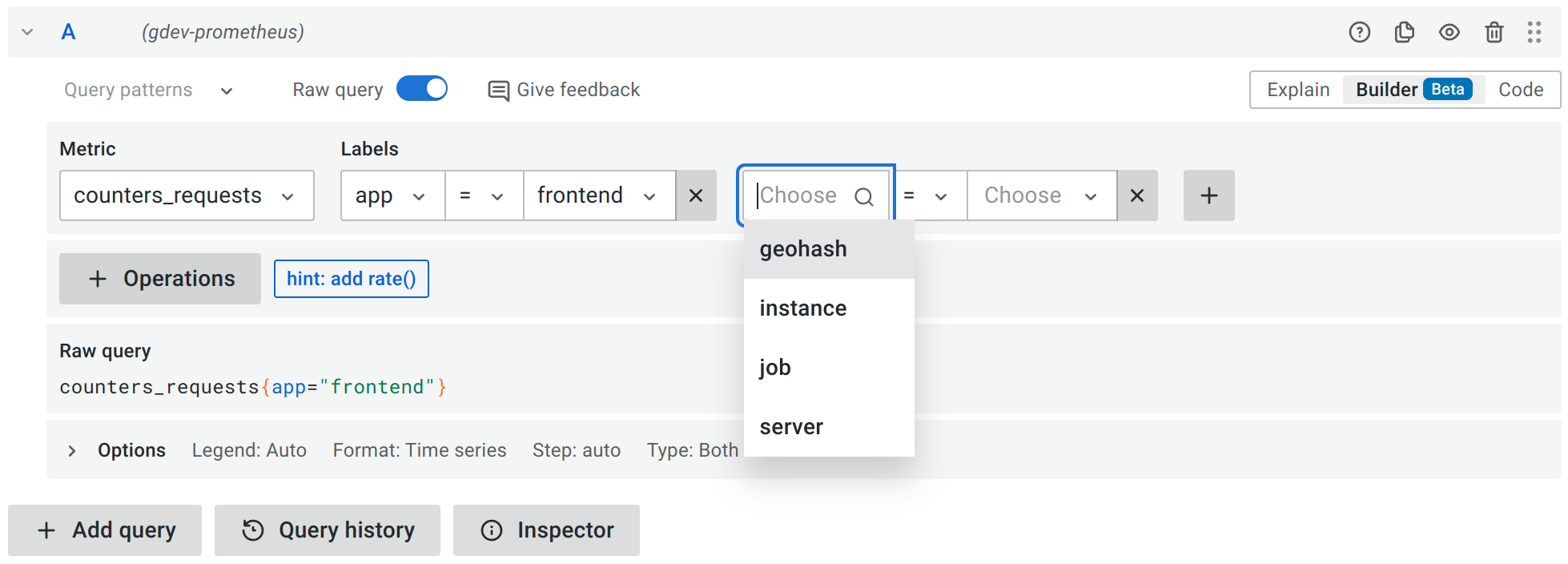
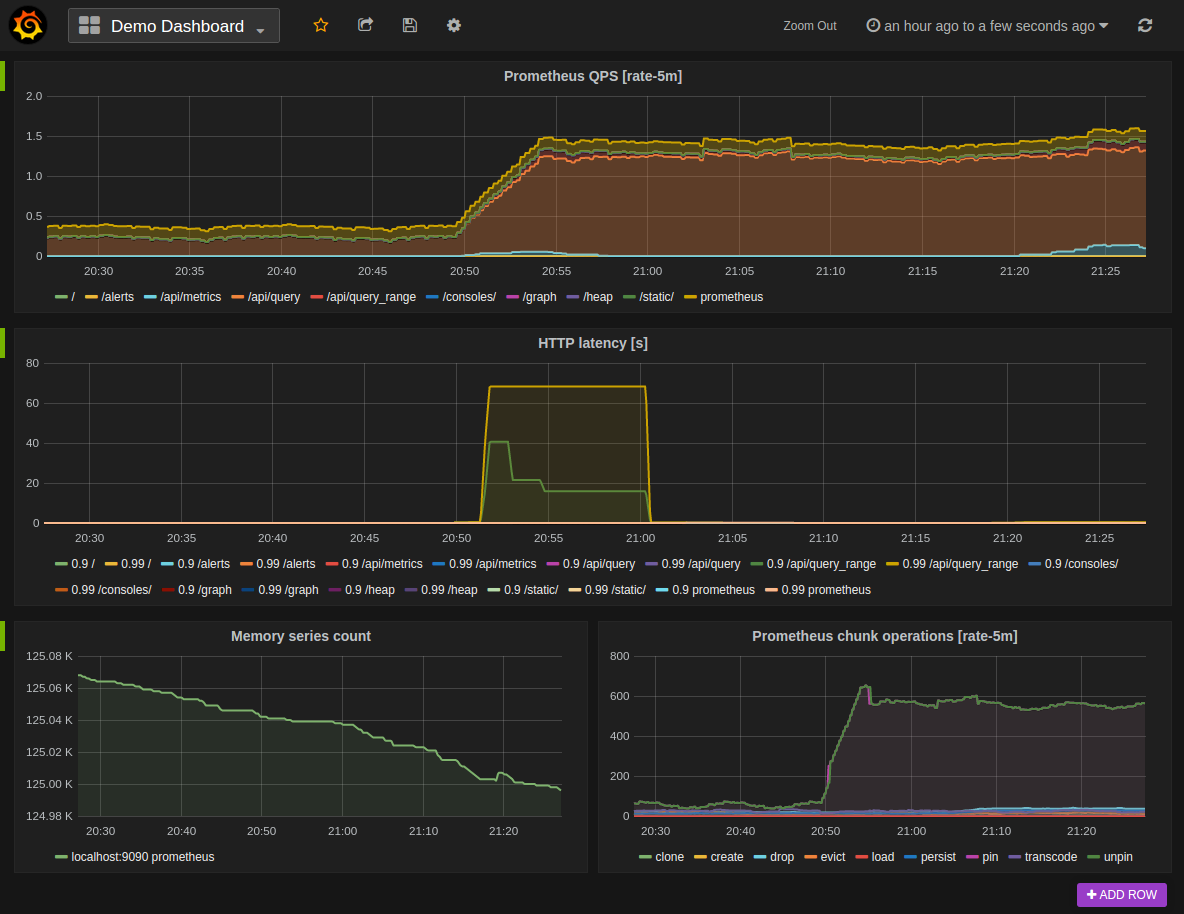
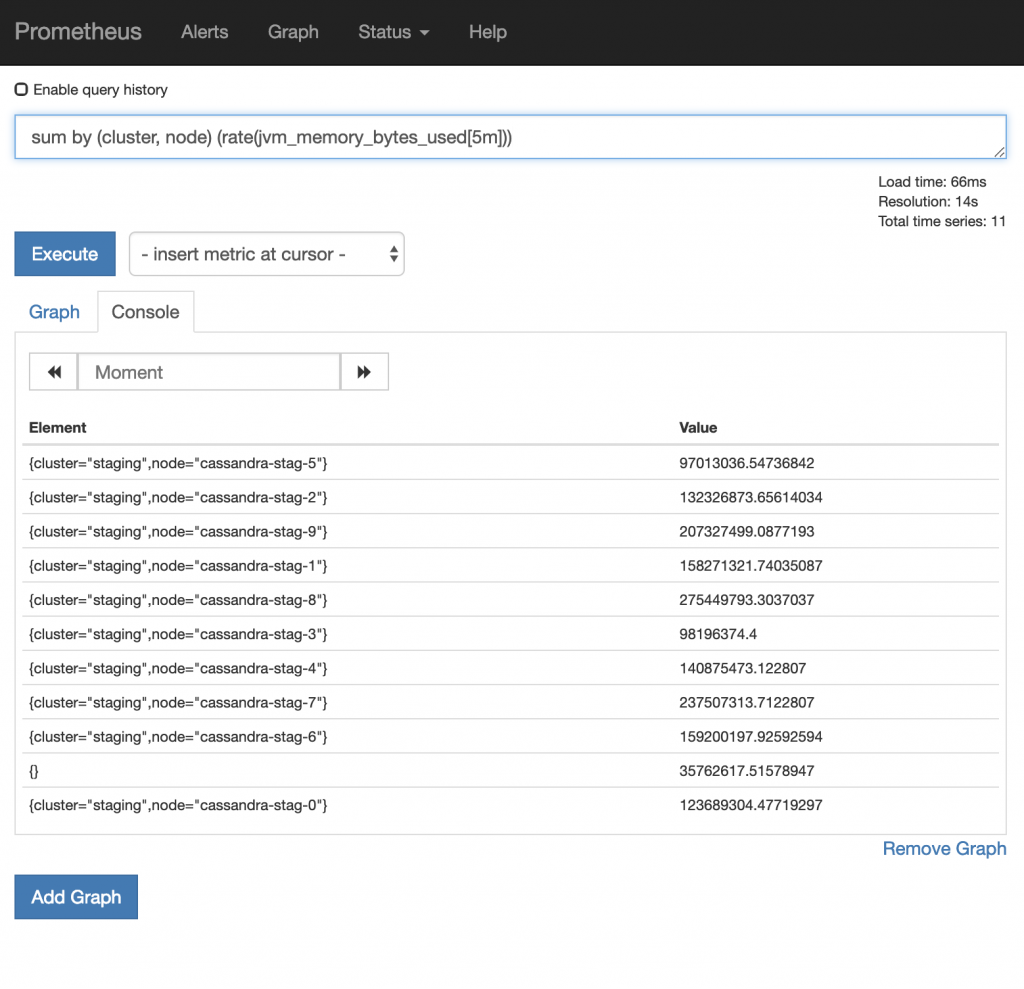


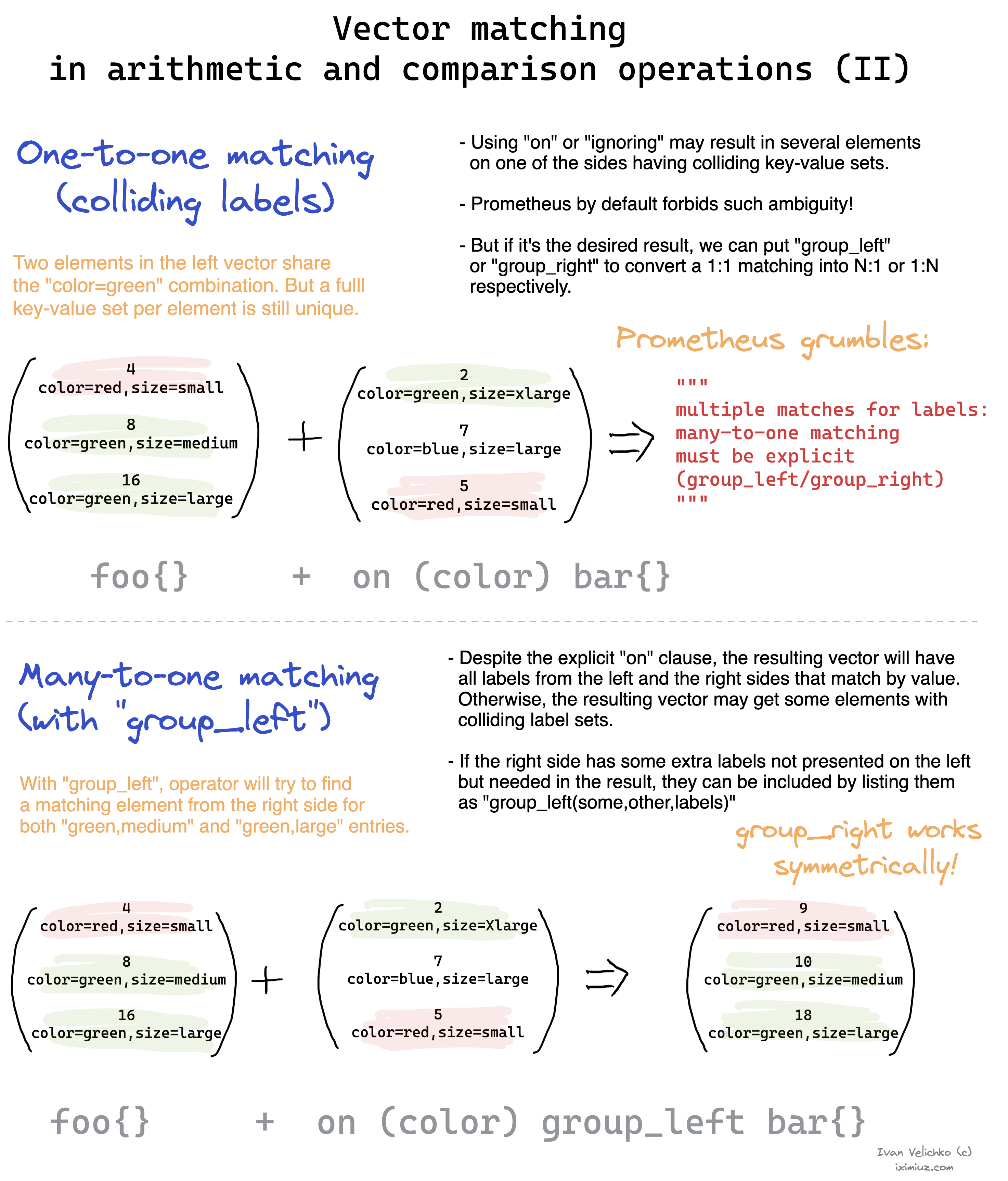
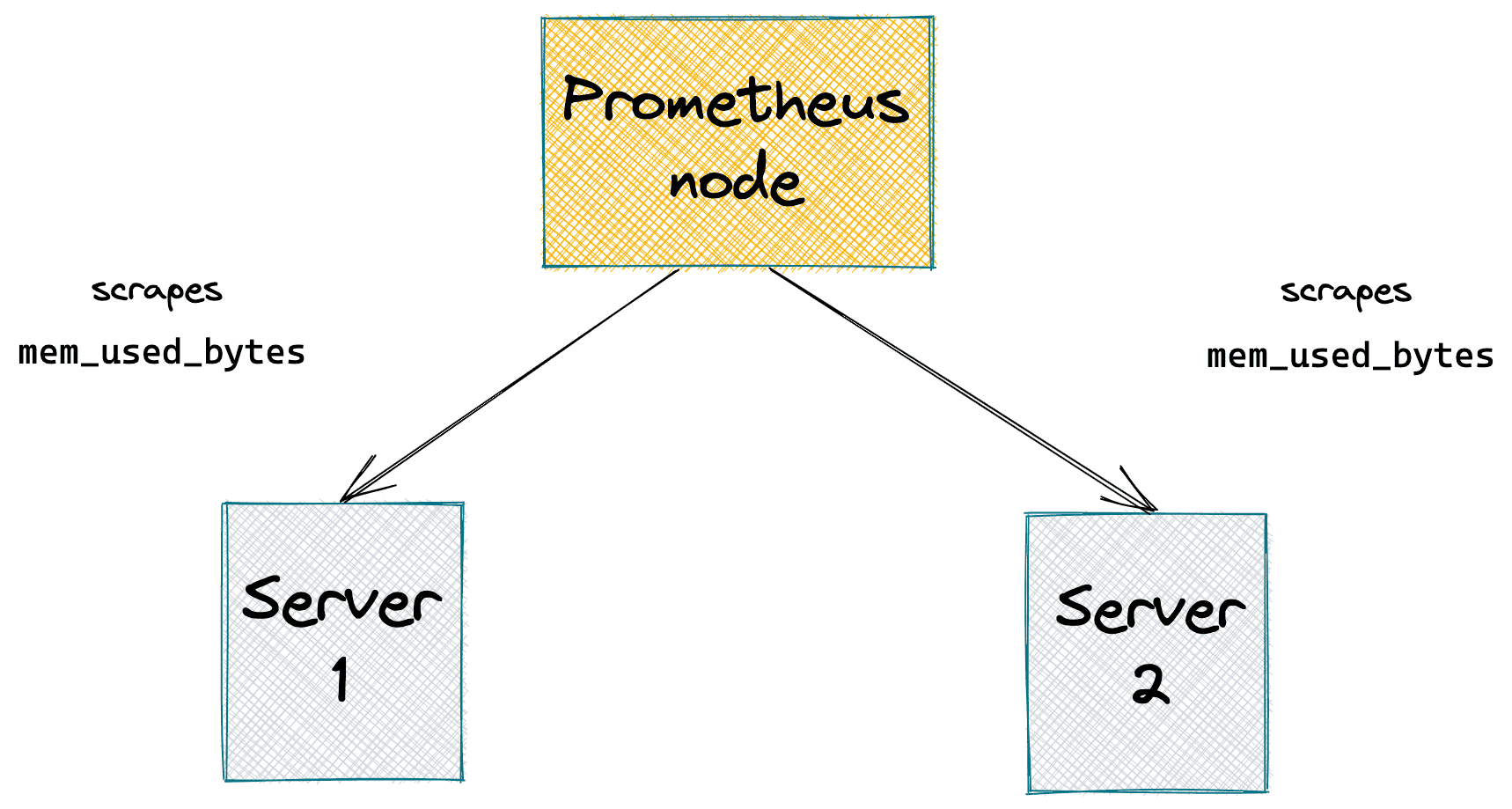



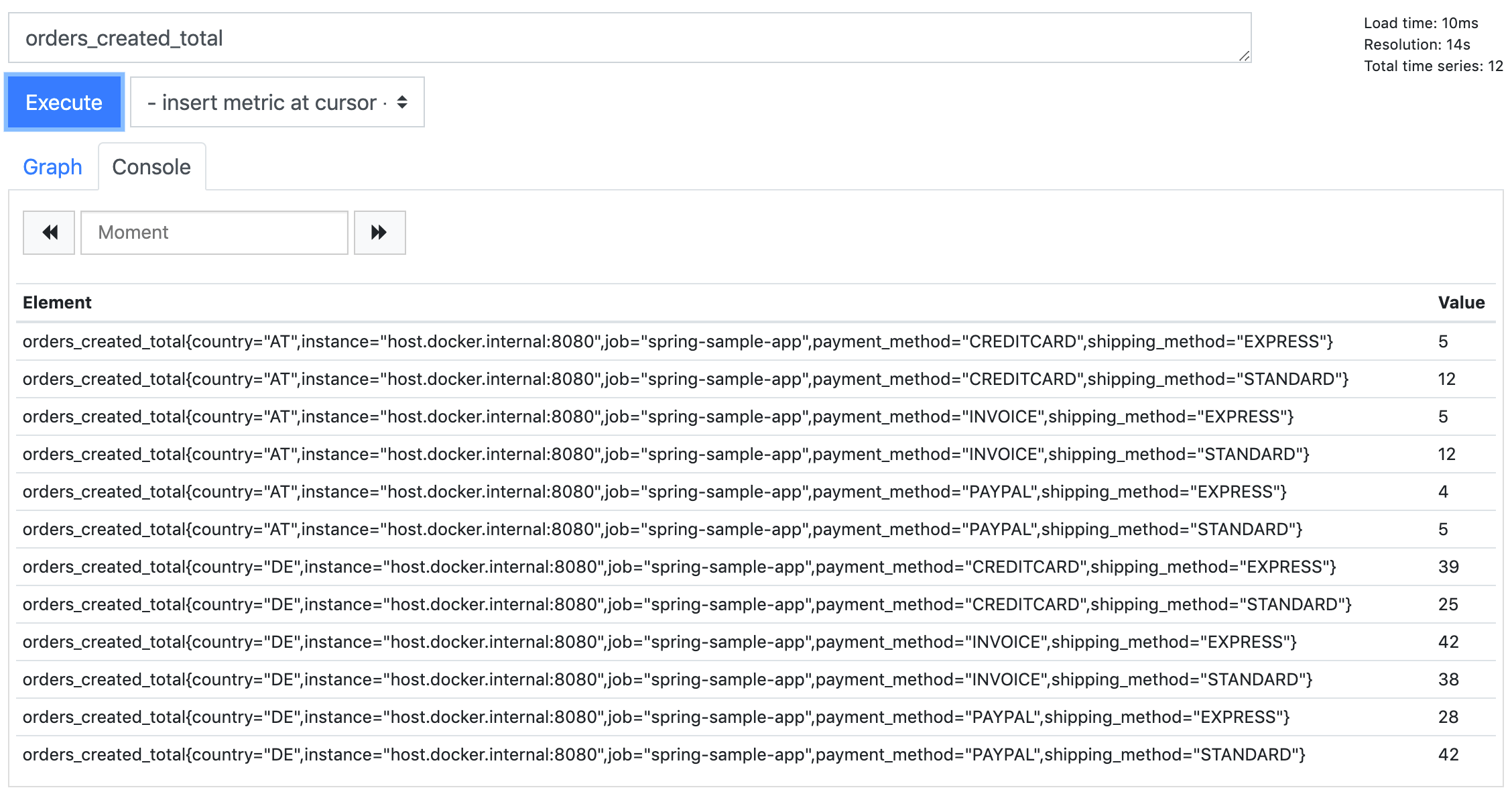

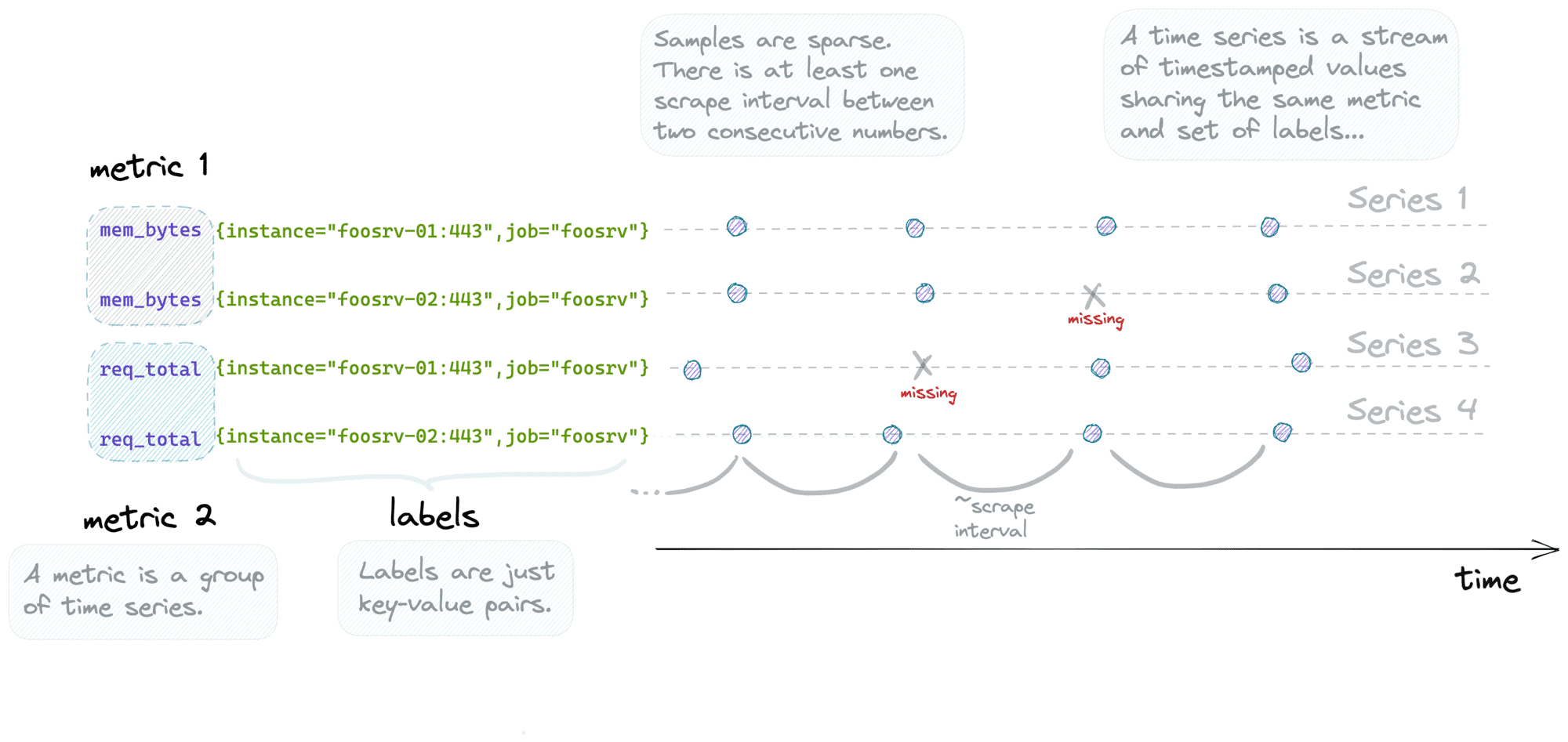




Post a Comment for "38 adding labels to prometheus metrics"